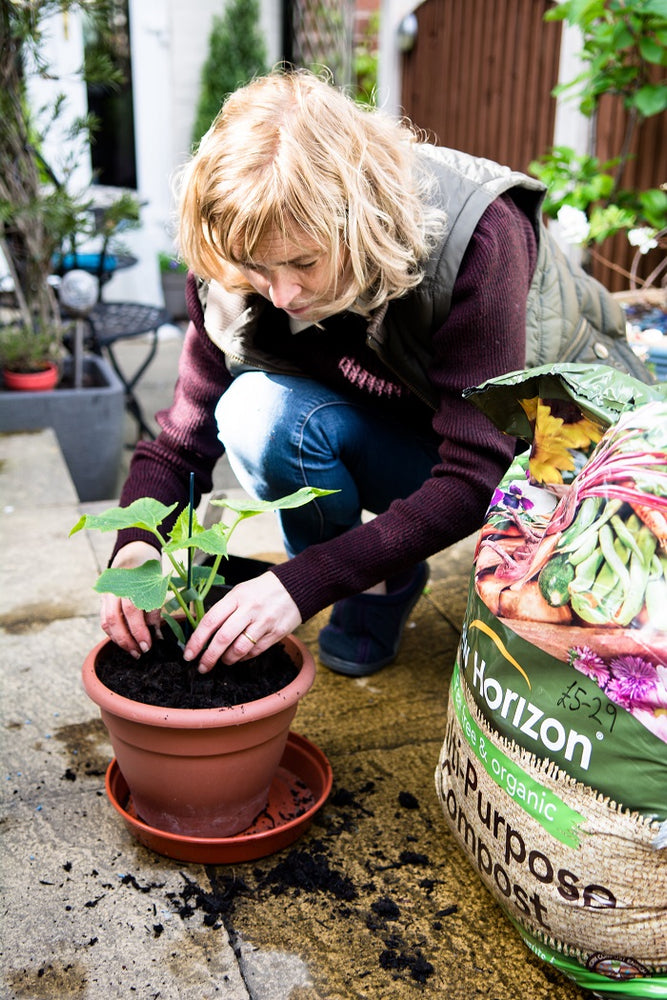News
5 Common Gardening Myths Debunked

The gardening world abounds in useful advice and practical solutions. There are, however, some pieces of ‘wisdom’ that we’d be better off without!
Here are 5 interesting gardening myths debunked:
1. You should change your potting soil every year
Many gardeners worry that potting soil contains insufficient nutrients to last more than one growing season. Most types of soil, however, can stay rich for up to two years. If you’re concerned that your potting soil is low on nutrients, work a few handfuls of compost into the pots at the start of each year. This should help keep your plants growing strong.

2. Every newly planted tree requires staking
Staking is only really necessary if a tree is top-heavy or if it’s in a particularly windy site. A little movement is actually beneficial for young trees. In the same way our muscles develop with exercise, tree trunks grow thicker and stronger when they're allowed to move. Staked trees often grow taller but their trunks tend to be thin and weak.

3. Putting gravel at the bottom of your pot helps it to drain
It’s often believed that having gravel at the very bottom of your pot will help it to drain and prevent plants from becoming waterlogged. The reality, however, is that water will sit in the soil above the stones. This means there’ll be less space for the roots of your plants to grow. A more effective draining method is to blend sand and stone into the soil itself.

4. Adding sugar to soil makes tomatoes sweeter
This is a romantic notion that’s, unfortunately, inaccurate. The amount of sugar in the soil has no effect on how sweet your tomatoes turn out to be. Sweetness is rather determined by a plant’s genetics and how much sun it receives.

5. You should water your lawn every day during the Summer
Contrary to popular belief, your lawn doesn’t need to be watered every day during the Summer months. Too much water harms your lawn and grass requires a period of dryness to fight off unwanted insects and diseases. During the Summer, it can be enough to water your garden approximately three times per week (of course, depending on the climate in your area, eg. how often it rains.)

Head over to www.clickandgrow.com for more inspiration and to learn about our desire to make the most essential, fresh, vitamin-packed food available for everyone. Discover how the Smart Garden 3 and Smart Garden 9 make growing fresh, organic food and flowers easier than ever.
Be sure to check out our blog for valuable features such as green living tips, ways to create sustainable homes, the importance of food safety, how to grow plants indoors and much more.